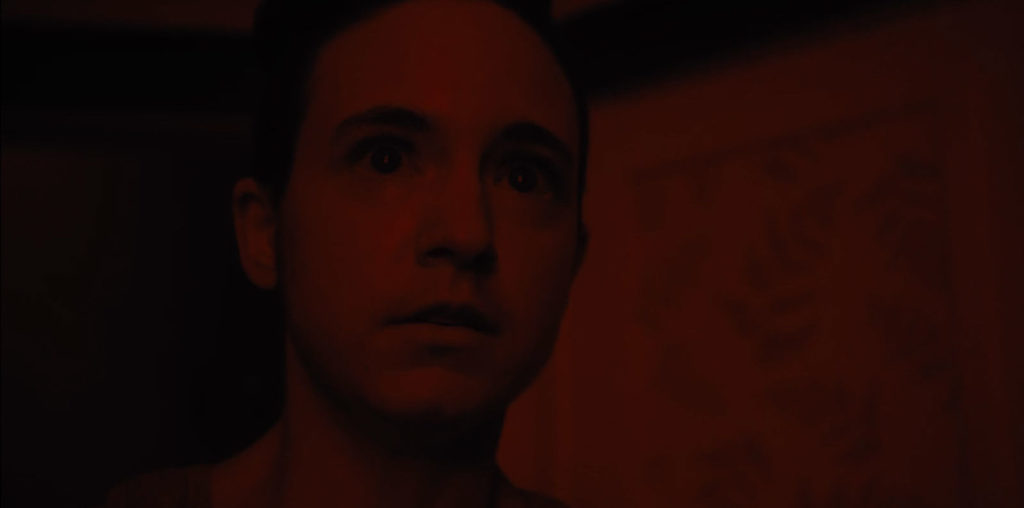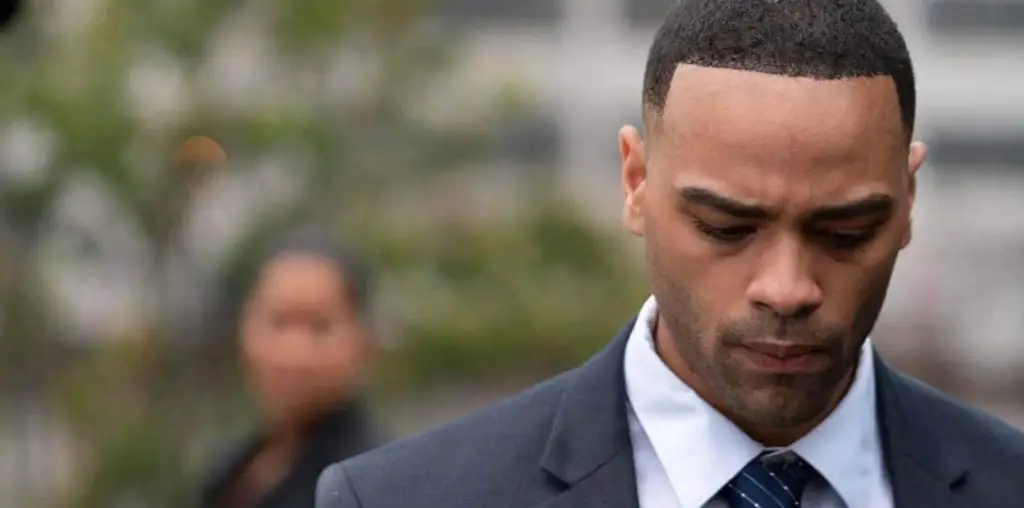
An apocalypse movie comes in many forms. Some are of the action-packed, Will Smith variety, and some are quiet intellectual horror films like Julian Roman Pölsler’s film “The Wall.” Though I do consider the latter style superior to the former – seeing a real person experience apocalyptic solitude is so much more interesting than when it happens to a borderline superhero – I would rate “The Wall” and “I Am Legend” about the same. This is due entirely to Pölsler’s excessive use of voiceover.
Pölsler adapted “The Wall” from the 1962 identically titled book by Marlen Haushofer. While it may be necessary in a novel to have your character narrate every second of the story it is not the case with a movie. It’s not that Pölsler should have eliminated Haushofer’s words altogether. Some of her sentiments are florid and insightful. But he should have kept it to abstract thoughts not evident from the action or lead actress Martina Gedeck’s (“The Lives of Others”) incredibly effective performance. That would have been a 4 or 5 star film.
The story concerns a nameless woman on vacation in an Alpine hunting lodge who awakens one morning to find her companions not yet returned from their previous day’s excursion into town. When she, along with her friend’s dog Lynx, goes looking for them, she discovers that she is trapped behind a vast transparent barrier. The woman makes a cursory attempt to figure out what’s going on, but gives up once she spots some neighbors on the other side of the wall seemingly frozen in time. Whatever has happened out there, she assumes, has left no survivors. So rather than to try and find a way around the wall or search for another person on her side, she accepts what she believes is her fate and sets about living off the land.
An urban gal, it takes her some time to find her agricultural groove. But she is fortunate enough to find a pregnant cow, stocked pantry, and basic farming and hunting gear. Eventually, the woman settles in to her approximation of civilization along with Lynx (now utterly devoted to her), the expecting cow, and a couple of cats. She insists on keeping track of the days, despite noting that it no longer means all that much. We know from the narration, which comes from a “report” she is writing several years into the future, that Lynx eventually succumbs to a horrific end. But that information is just one example of many such unnecessary or redundant passages blanketing the film from start to finish.
I find it incredibly frustrating when I see a film that is so close to touching greatness but for one or two egregious errors. The voiceover does such a disservice that I’m tempted to recommend watching the film on mute. Pölsler should have had more faith in Gedeck and his own ability to tell a visual story. The type of audience who would be interested in seeing “The Wall” is not stupid. They can tell from the woman’s changing face that the story flashes forward and backward in the timeline. The woman from the beginning of the story is frail and fair skinned, wrestling with the morality of the food chain. The woman from the voiceover is the one with the short hair, confident gait, utilitarian wardrobe and steely expression. They don’t need her to tell them when she is having an emotional breakdown because they can see it in her body language and the tears streaming down her face. They certainly don’t need her pointing out when the stars are out or a hawk circles above her. For someone leading such a solitary life, she sure does go on.
The voiceover isn’t completely unwelcome. Some of her philosophical musings are intriguingly insightful. Toward the end of the film, one passage in particular seems to suggest that she finally knows where she stands.
“I pity animals and I pity people, because they are thrown into this life without being consulted. Maybe people are more deserving of pity, because they have just enough intelligence to resist the natural course of things.”
Lines like that are likely what inspired Pölsler to make the film in the first place. That she’s keeping a record at all does serve as a bit of unspoken characterization. This is a woman who claims to have lost all hope, yet addresses a reader other than herself. She is a poet and philosopher who wants to remain connected to her humanity through her self-aware accounts. She occasionally theorizes about what may have happened beyond the confines of her pastoral prison, convincing herself that it’s as simple as everyone being dead, despite having seen evidence of something more puzzling. To follow the wall would require more courage and survival skills than staying put in an attempt to keep things as normal as possible until things resolve themselves one way or another.
Of course, there’s always another solution. She admits that she considered suicide but for the animals. She writes about being humble, but it takes a tremendous ego to think these creatures couldn’t survive without her. They are more equipped to deal with a back-to-nature scenario than she is. Sure, dogs love people, but it may have a lot to do with how much people love dogs.
With a cerebral premise, stunning cinematography, a punch-in-the-gut performance from the Gedeck, and some of the most suspenseful miming ever put to celluloid, “The Wall” has such tremendous potential. I hope Pölsler comes to realize that less is more and gets it right next time.


So far the best review I read. I noticed some of the same contradictions… the suicide in particular, was obviously egocentric. Anyway, thanks!!
Because…? You’re not going to sway anybody with vague insults.
This is possibly the dumbest review I’ve ever read.